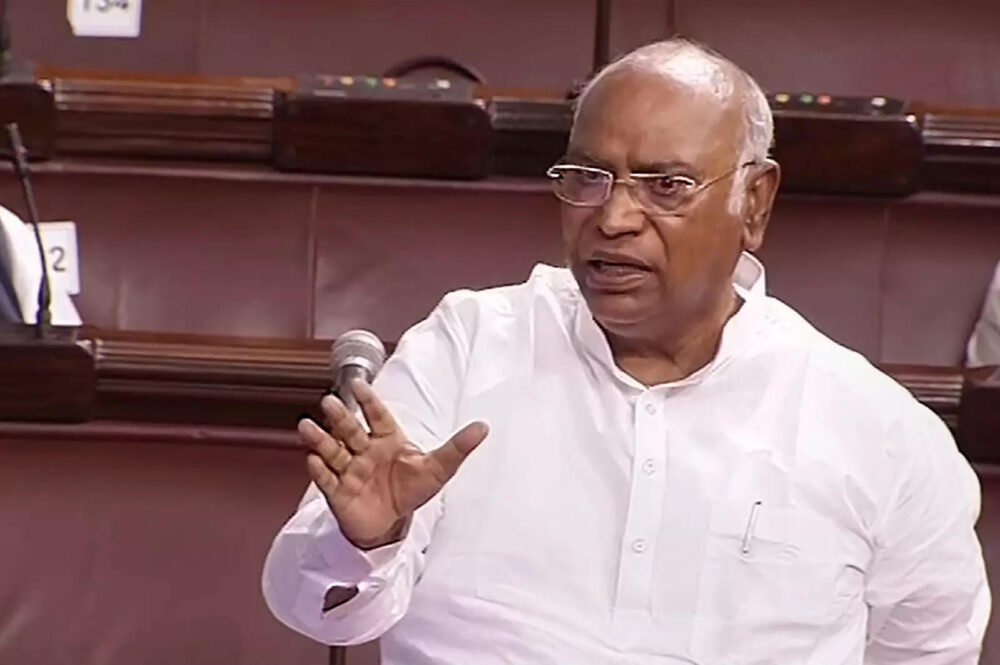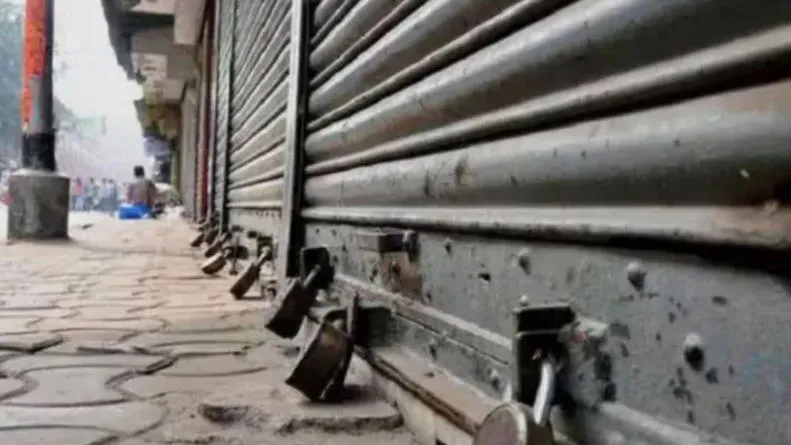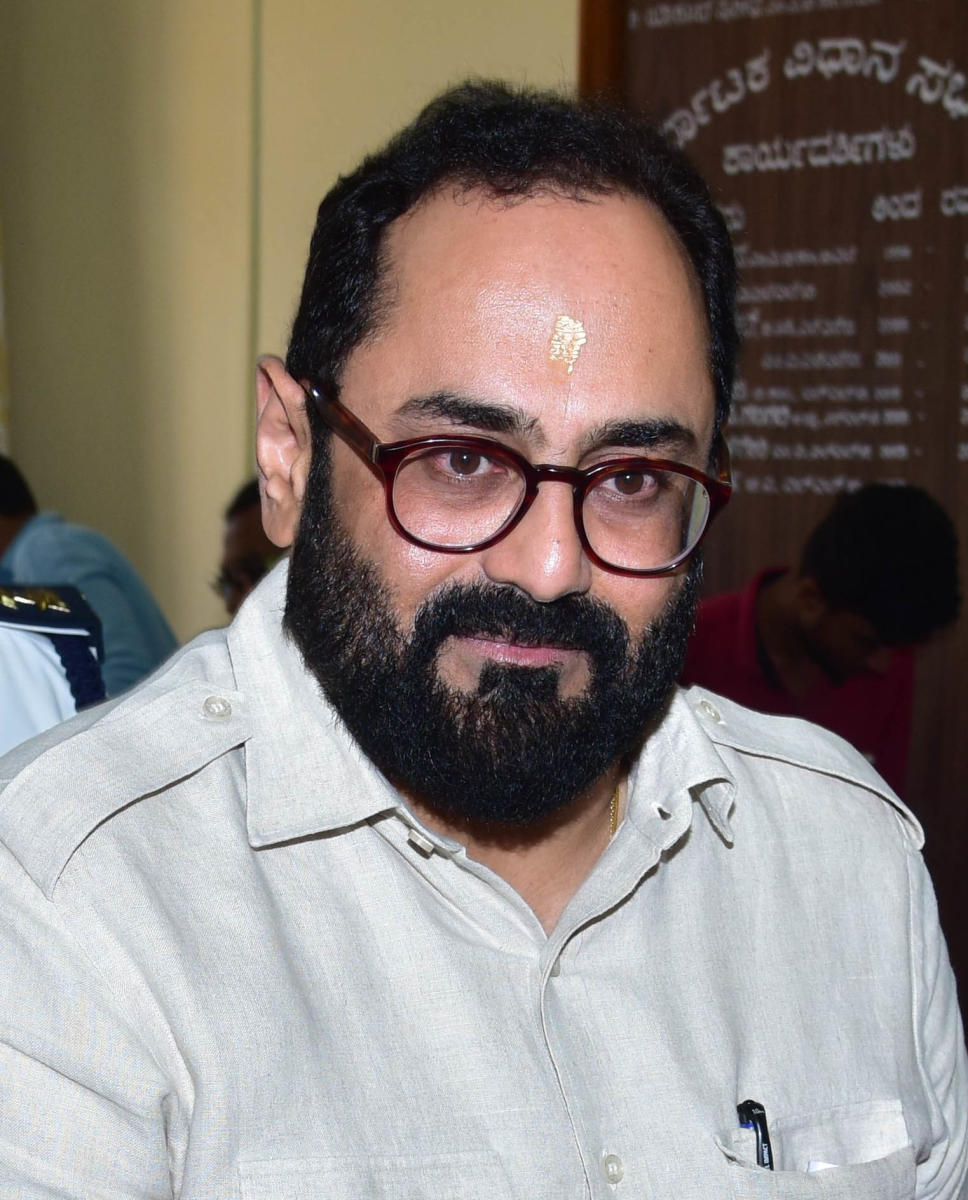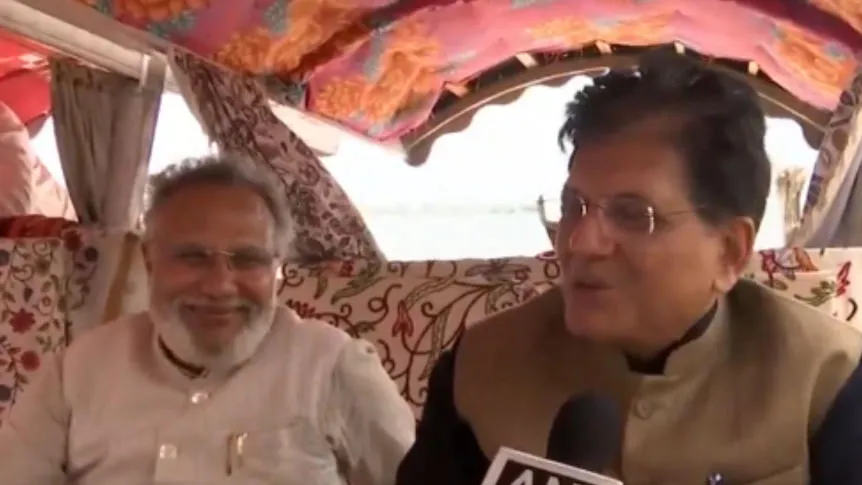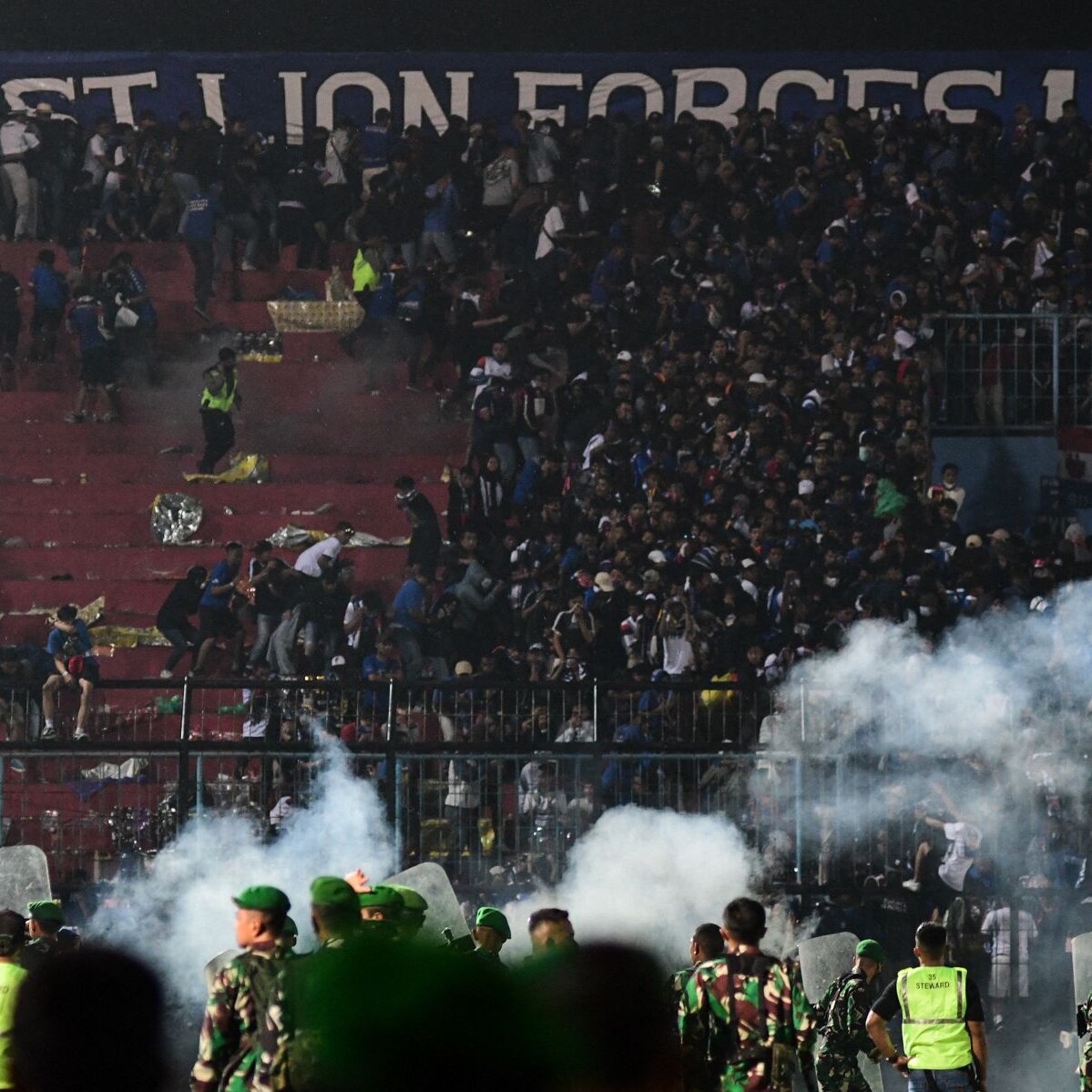JPC chairman P.P. Chaudhary says One Nation One Election is achievable, benefiting economy, democracy, and voter turnout significantly.
NEW DELHI: P.P. Chaudhary, Chairman of the Joint Parliamentary Committee formed for One Nation One Election, says that One Nation One Election is an issue of national interest. Therefore, all members of the committee are working with transparency, rising above party lines. Here are the excerpts from the conversation:
Q: Is One Nation One Election possible in the Nation?
A: Absolutely possible. Simultaneous elections have been held in the Nation earlier as well. After independence, from 1952 to 1967, four general elections and state elections were held simultaneously. Demands and efforts have been made earlier to hold simultaneous elections. Previous governments have also made such efforts. Niti Aayog, the Law Commission, Election Commission, and Parliament’s Standing Committee on Law have always said that the Nation will gain huge economic benefits if all elections are held simultaneously. According to estimates, the Nation will have a direct benefit of more than five lakh crores by holding simultaneous elections. Now, elections keep happening throughout the five years. Their effect is most felt by the common man. Children’s education is affected. People in government jobs and industrial production are also affected. Foreign investment is impacted by frequent elections because investors feel their work is disrupted. This causes a huge economic loss to the Nation and the states. Now, tell me, why should elections not be held simultaneously? Most states we have visited so far are in favour of holding simultaneous elections. Frequent elections also affect the development of states. The economic burden increases. States dependent on tourism are affected the most. Frequent elections ruin the economy of many hill states. Due to the imposition of the code of conduct, work stops. Lok Sabha elections are held in April-May, which is the peak tourist season for hill states. These states earn their real income during this period. Everything gets affected by elections. Then, Assembly and other elections also affect work. Administration gets busy with elections, which affects the common man. Governments are unable to take decisions. Two to three years pass without work in Lok Sabha, Vidhan Sabha, Panchayat, Municipal Corporation, and Municipal elections. If Lok Sabha and Vidhan Sabha elections are held together, then elections will be held only once every five years. The work of the Nation and the state will be less affected. This will only strengthen democracy. When we go on tour, the mood of the people, especially the youth, seems to be in favour of One Nation One Election. The atmosphere in the Nation seems to be building in favour of One Nation One Election. You will see that in the coming one or two years, the people themselves will come out on the streets and support it.
Q: But the opposition is opposing it. They say it is not possible.
A: You must have heard the recent answer of Union Home Minister Amit Shah on One Nation One Election. When a journalist asked how it will be done, given that a two-thirds majority is needed and the opposition is opposing it, the Union Home Minister replied that when Mahatma Gandhi talked about independence during British rule, people also asked, “How will you do it?” Now the same thing is happening regarding One Nation One Election. We will go among the people and conduct programmes. When the public is awakened, no party will be able to oppose it. You must have understood. The Union Home Minister clearly said that they will create an atmosphere among the people. I also believe that Congress and other smaller parties opposing it will understand the sentiments of the people and support it. You will see that the One Nation One Election law will be implemented easily in the Nation. Lok Sabha and Assembly elections will be held simultaneously. Look at the decisions taken so far; all were made after careful thought and thorough study. A committee was formed under the chairmanship of former President Ram Nath Kovind, which recommended holding simultaneous elections. The government accepted the recommendation of the Kovind Committee. Then, the government brought a bill to Parliament regarding this. Parliament sent this bill to the Joint Parliamentary Committee (JPC) to ensure no one has any complaint. Parliament formed a JPC including members from almost all major parties. The 41-member committee, under my chairmanship, is doing its work. The committee is ensuring that no work is done in a hurry. We are listening to everyone and taking their opinions before preparing the report.
Q: From whom have opinions been taken so far? How many states has the committee visited?
A: So far, the committee has discussed with former Supreme Court judges U. U. Lalit, Ranjan Gogoi, Hemant Gupta, B. S. Chauhan, Delhi High Court judge Rajendra Menon, D. N. Patel, A. P. Shah, Attorney General of India R. Venkataramani, and well-known lawyers Harish Salve and Abhishek Manu Singhvi. In the upcoming meeting on July 11, discussions will also be held with former Chief Justices D. Y. Chandrachud and J. S. Khehar, former Union Minister and Supreme Court advocate S. Nachiappan. The committee discusses every topic with legal experts regarding holding simultaneous elections. Regarding state visits, so far we have visited Maharashtra, Uttarakhand, Union Territory Chandigarh, Punjab, Haryana, and Himachal Pradesh. Believe me, One Nation One Election is getting huge support. Governments are excited, while others seem unhappy about elections happening repeatedly. You will see that such an atmosphere will be created in the Nation regarding One Nation One Election that all parties will support it.
Q: JPC will visit more states now. When will the JPC be able to prepare its report?
A: We are not in a hurry. Our first effort is to visit states and collect feedback from members. There should be discussion with everyone, and the report should be prepared with consensus. As the tenure of the parliamentary committee is extended, the work will continue to progress. It is hoped that by 2028, One Nation One Election will take the form of law. Attempts have been made many times before for One Nation One Election, but serious efforts are being made now to implement it legally. The Election Commission, Niti Aayog, Law Commission, All India Professionals Congress, and Standing Committee on Law of Parliament — all experts are in favour of One Nation One Election.
Q: But to make a law, the support of two-thirds of the members of Parliament is needed in both houses. How will this be possible?
A: You are right; a two-thirds majority is needed. Today, I am telling you that there is no problem of support from the states. As far as Parliament is concerned, you will see that whenever the law is to be approved, most parties will support it. I will tell you why they will support it. They will support it because One Nation One Election will automatically get the support of the common people across the Nation. No party will be able to oppose it. I hope that the bill will be passed in both houses with consensus and become law.
Q: There is much discussion that voter turnout will increase with One Nation One Election, and free schemes will stop.
A: Absolutely correct. In states where general and Assembly elections were held together, voter turnout increased by about 11 to 20%. When one has to vote once in five years, voters come out in large numbers. They know the cycle of voting repeatedly is over. With increased voter turnout, a strong and stable government will be elected. A strong government is necessary for democracy. Regarding free schemes, it has been common that to win elections, parties announce many freebies to woo voters. This affects the states’ budgets and development work. You must have seen that due to free schemes, states’ debts increase, and sometimes there is a crisis in paying salaries. The poor are not really helped, and the weaker sections who should get benefits often do not receive them. Due to simultaneous elections, parties will be less able to use free schemes as an election issue. Most importantly, there will be less financial burden on the states. When the One Nation One Election law is made, Lok Sabha and Vidhan Sabha elections will be held simultaneously. This will not only strengthen the Nation’s democracy but also provide relief to the common people. The Nation’s expenses will be saved, investment will increase, and the Nation and states will progress.

